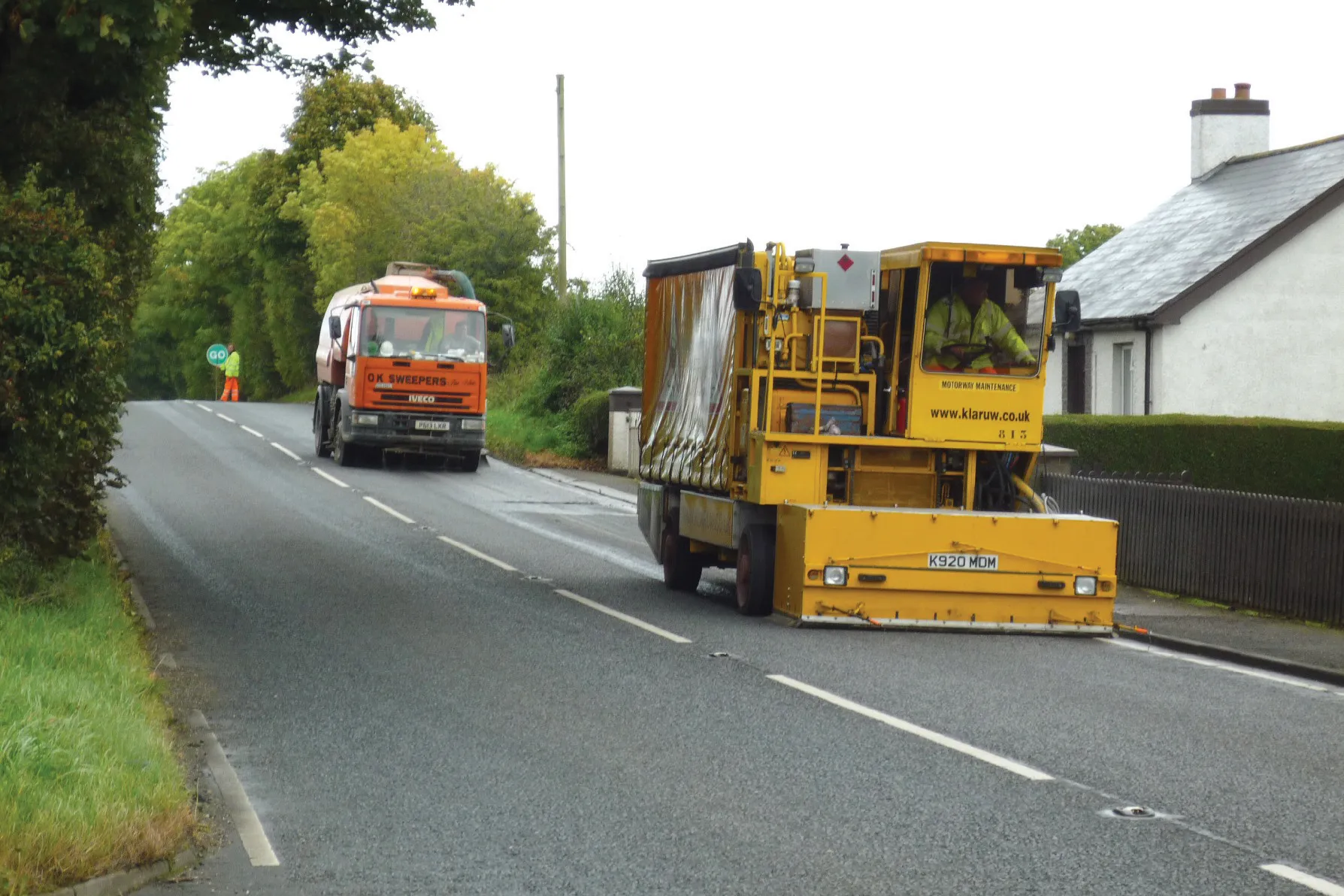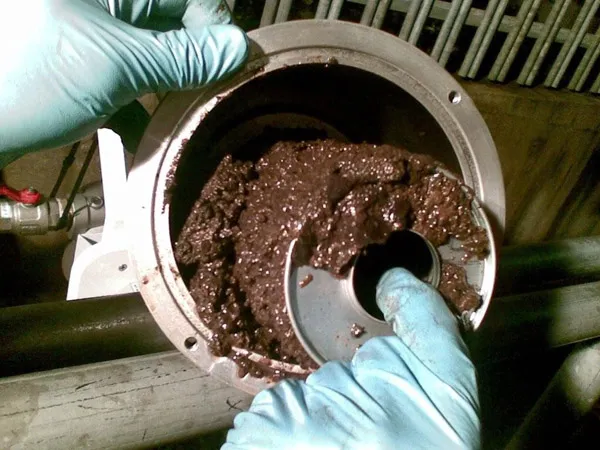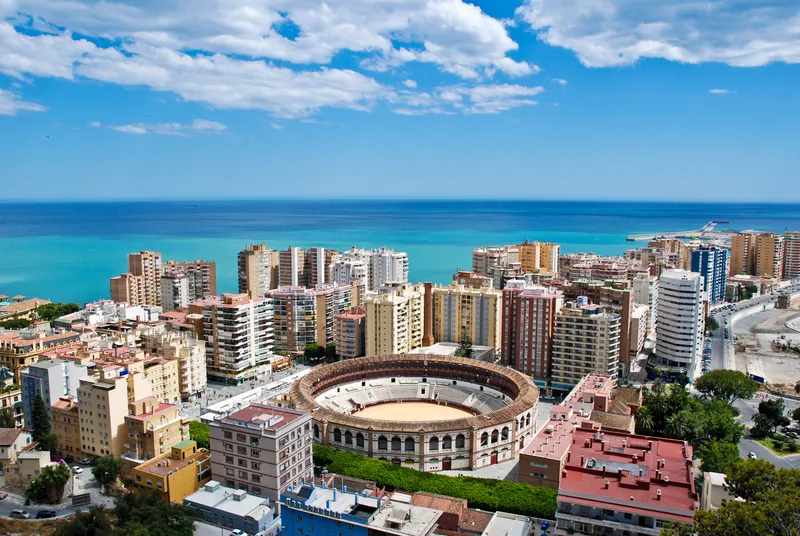Northern Ireland's Department for Regional Development Roads Service has completed trials of the Klaruwtex190 (K190) bush hammering process on sections of the A5 south of Londonderry.
February 6, 2012
Read time: 2 mins

Northern Ireland's Department for Regional Development 2337 Roads Service has completed trials of the Klaruwtex190 (K190) bush hammering process on sections of the A5 south of Londonderry.
Roads service engineers are evaluating the all-weather, environmentally friendly process as an option for restoring wet weather skid resistance to complement surface dressing treatments currently used.
1478 Klaruw RMS, the Widnes, northern England-based subsidiary that carries out direct contracting of the K190 process, has treated a total of 17,500m² of road surface comprising hot rolled asphalt (HRA) at two trial sites. They include a section of the A5 at Strabane and a second section near the village of Newbuildings, south of Londonderry.
According to Klaruw RMS, the K190 process provides totally controllable retexturing of any sound, natural aggregate surface course to restore micro-texture, and hence the surface friction that contributes to skid resistance. Able to operate in wet weather and with minimal traffic management, the treatment does not use any materials or hot processes and generates a minimum of arisings, resulting results in a low carbon footprint and negligible waste disposal costs.
"We would review use of the K190 process on a case by case basis, depending on the condition of the road. If a road has only about 2-3 years of service life left or is breaking up badly, it makes more economic sense to resurface," says Robert McCartney of the local Roads Service section office. "Otherwise, we can
see that K190 retexturing has definite benefits. It is not weather dependent and traffic management is less elaborate. There is no need to replace white lines or sweep up excess chippings." The Roads Service will be evaluating friction measurements for the K190 treated sites following its annual road condition surveys.
Meanwhile, Klaruw has just completed the first UK trials of its latest retexturing innovation, the Macrotex (MAT) wet application shot-blasting plant which restores macro-texture to reduce surface water aqua-planing (World Highways Eurofile, May 2010).
A prototype of the machine has been put through its paces by Area 10 managing agent contractor, A-one+, and North Wales Trunk Road Agency (NWRTA), on sections of the M56 motorway and A55 in North Wales.
Roads service engineers are evaluating the all-weather, environmentally friendly process as an option for restoring wet weather skid resistance to complement surface dressing treatments currently used.
According to Klaruw RMS, the K190 process provides totally controllable retexturing of any sound, natural aggregate surface course to restore micro-texture, and hence the surface friction that contributes to skid resistance. Able to operate in wet weather and with minimal traffic management, the treatment does not use any materials or hot processes and generates a minimum of arisings, resulting results in a low carbon footprint and negligible waste disposal costs.
"We would review use of the K190 process on a case by case basis, depending on the condition of the road. If a road has only about 2-3 years of service life left or is breaking up badly, it makes more economic sense to resurface," says Robert McCartney of the local Roads Service section office. "Otherwise, we can
see that K190 retexturing has definite benefits. It is not weather dependent and traffic management is less elaborate. There is no need to replace white lines or sweep up excess chippings." The Roads Service will be evaluating friction measurements for the K190 treated sites following its annual road condition surveys.
Meanwhile, Klaruw has just completed the first UK trials of its latest retexturing innovation, the Macrotex (MAT) wet application shot-blasting plant which restores macro-texture to reduce surface water aqua-planing (World Highways Eurofile, May 2010).
A prototype of the machine has been put through its paces by Area 10 managing agent contractor, A-one+, and North Wales Trunk Road Agency (NWRTA), on sections of the M56 motorway and A55 in North Wales.








